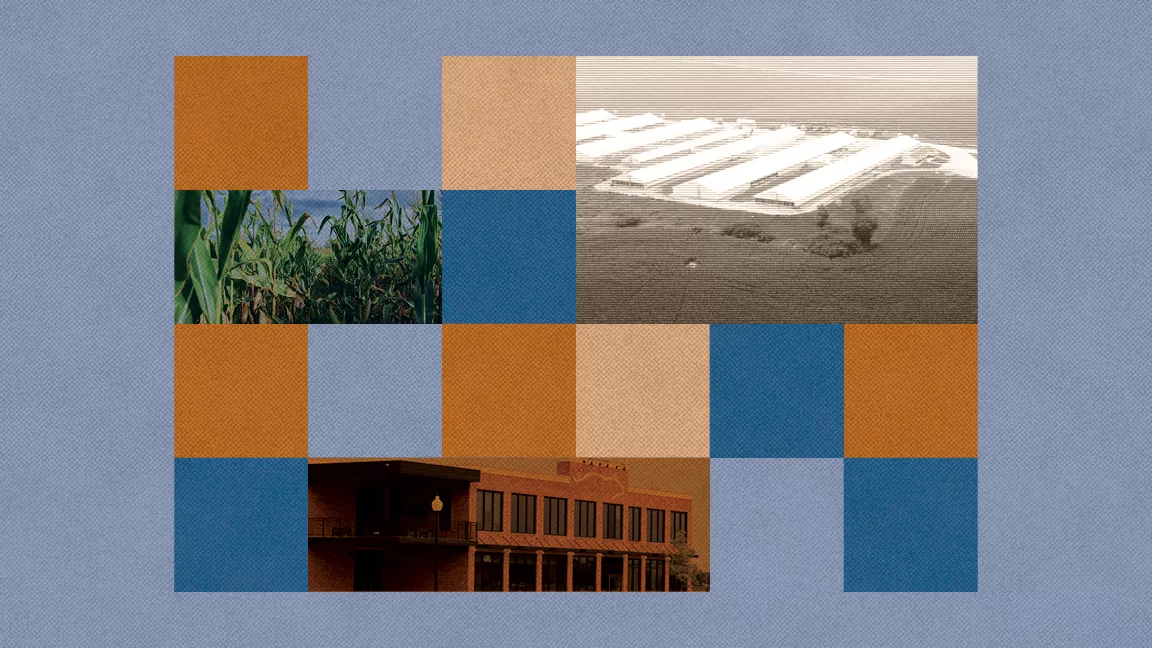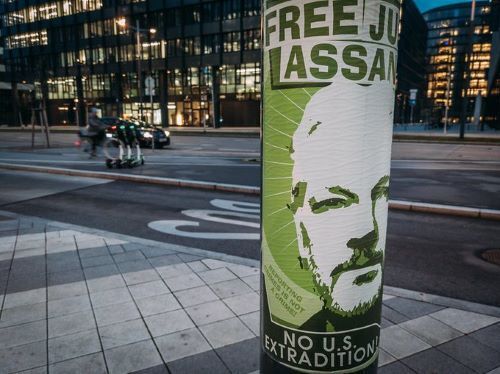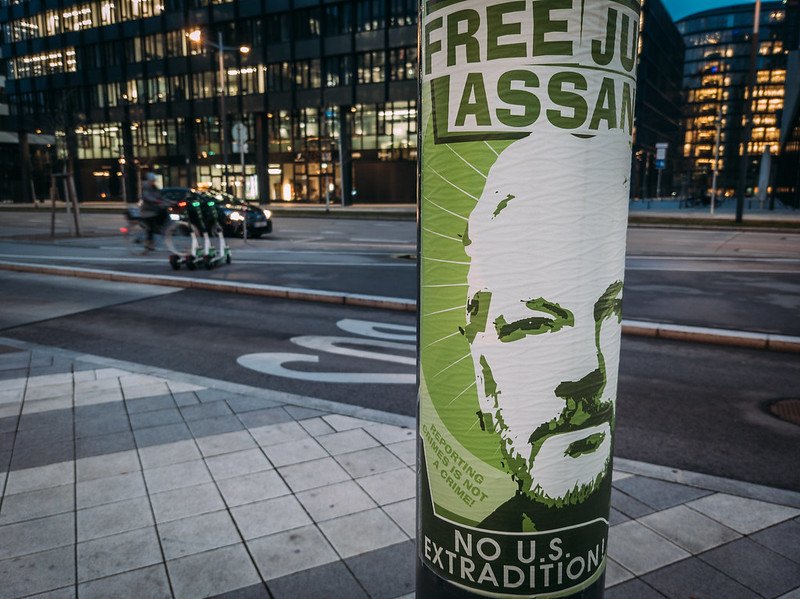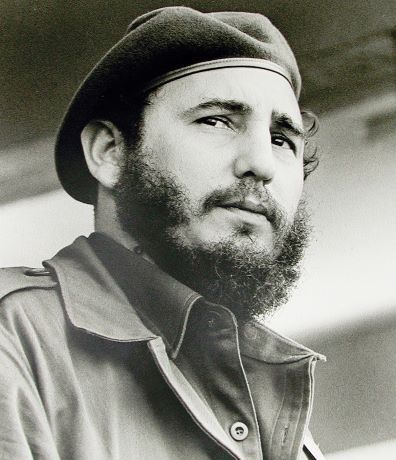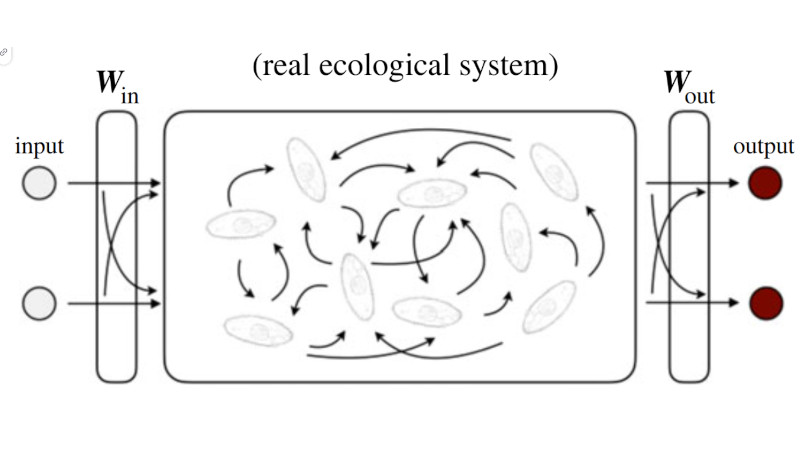On this day in 1926, #Cuban #Revolutionary #Fidel #Castro was born. He would lead a guerilla campaign with other revolutionaries such as Che Guevara to overthrow the US-backed dictator Fulgencio Batista. Before Cuba's revolution, US financial interests owned 90% of Cuba’s mines, 80% of public utilities, 50% of railways, 40% of sugar production & 25% of bank deposits.
In the first 30 months after Fidel Castro and Cuba’s communists came to power, more classrooms were built in those 30 months than had been built in the previous 30 years. Within the first six months of Castro's government, 600 miles of road had been built across the island, while $300 million was spent on water and sanitation schemes. Over 800 houses were constructed every month in the early years of the administration in a measure to cut homelessness, while nurseries and day-care centers were opened for children and other centers opened for the disabled and elderly.
With the arrival of the revolutionary government, Cuban healthcare was nationalised and expanded with heavy investment, bringing free healthcare access to millions. Universal vaccination for childhood diseases was introduced, leading to infant mortality rates plummeting. Cuba's 'army of doctors' is now sent to crisis-hit countries around the world. Since 1963, more than 600,000 Cuban health workers have provided medical services in more than 160 countries.
Fidel Castro's Cuba was also instrumental in many anti-colonial and liberation struggles across the developing world, Cuba provided material support to the anti-apartheid movement in South Africa. Cuban material support was also given to Angola and Palestine.
Despite being under the illegal embargo imposed by the US, Cuba now has a higher life expectancy than the US, has more doctors per capita than the US, and is among the top 35 countries for lowest child mortality rates. Under Fidel Castro's rule, UNICEF declared severe child malnutrition to be eradicated.
